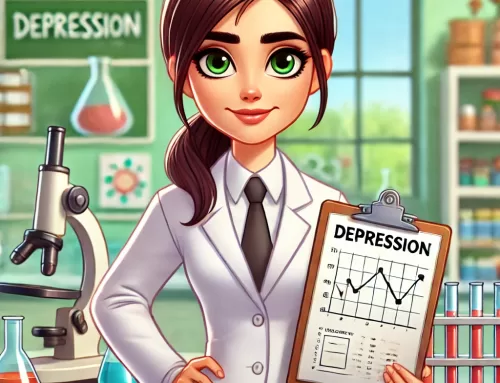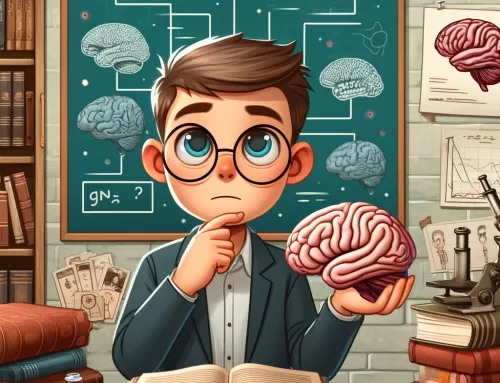 People pursue counseling for a variety of reasons. Some may enter counseling to address major life changes, such as divorce, and others may seek help in managing mental health conditions, like depression. There’s a common misconception that people who go to counseling are “crazy,” when in fact, most counseling clients are ordinary people struggling with common, everyday issues.
People pursue counseling for a variety of reasons. Some may enter counseling to address major life changes, such as divorce, and others may seek help in managing mental health conditions, like depression. There’s a common misconception that people who go to counseling are “crazy,” when in fact, most counseling clients are ordinary people struggling with common, everyday issues.
Many people seek counseling because they have identified specific goals or issues that they wish to work on. Others may be encouraged by family, friends, or medical professionals to seek help, and in some cases, a person may be mandated to attend counseling as part of a court ruling or by a parent or guardian (if the person is a minor). Whatever the impetus, it takes courage to attend counseling, and it takes dedication to see it through. Together, the client and the therapist will determine the goals of counseling, and if the counseling should be short- or long-term. In many cases, the therapist and client will explore much more than just the client’s presenting problem—the issue that first brought the person to counseling. The help of the right therapist can promote self-actualization, empower self-growth, improve relationships, and reduce emotional suffering.
Here’s a list of 120+ Mental Health Resources to Help You Find Support
These are some of the issues commonly treated in counseling:
A
- ADHD / Inattention, Impulsivity, and Hyperactivity
- Abandonment
- Abortion Issues
- Abuse / Survivors of Abuse
- Academic Concerns
- Addictions and Compulsions
- Adjusting to Change / Life Transitions
- Adoption / Foster Care Issues
- Aggression and Violence
- Aging and Geriatric Issues
- Agoraphobia
- Anger
- Antisocial Personality
- Anxiety
- Attachment Issues
- Autism and Asperger
- Avoidant Personality
B
C
- Cancer
- Career Counseling
- Caregiver Issues / Stress
- Child and Adolescent Issues
- Chronic Illness and Disability
- Chronic Pain
- Codependency
- Cognitive Impairment
- Commitment Issues
- Communication Problems
- Complex Posttraumatic Stress (C-PTSD)
- Compulsive Spending / Shopping
- Control Issues
- Creative Blocks
- Cyclothymia
D
F
H
I
J
M
P
S
- Schizoaffective Disorder
- Schizophrenia
- Seasonal Affective Disorder (SAD)
- Self-Actualization
- Self-Care
- Self-Compassion
- Self-Criticism
- Self-Doubt
- Self-Esteem
- Self-Harm
- Self-Love
- Sensitivity to Criticism
- Sex Addiction
- Sexual Assault / Abuse
- Sexuality
- Shame
- Sibling Issues
- Sleep Disorders
- Smoking Cessation
- Social Anxiety / Phobia
- Somatization
- Spirituality
- Stress
- Suicide
How can bStable SUPERCHARGE YOUR Counseling?
Because… bStable is the most comprehensive software solution for patients to communicate with their mental healthcare providers.
Amazing isn’t it? After all, software has overtaken every aspect of our lives, what about our mental health? bStable is the de-facto system of choice for mental health monitoring.
bStable helps patients with: Depression, Bipolar Disorder, Anxiety, Attention Deficit / Hyperactivity Disorder (ADHD), Post-Traumatic Stress Disorder (PTSD), Social Phobia, Schizophrenia, Alcohol and Drug Abuse / Substance Abuse, Eating Disorders, Intellectual Disabilities, and Developmental Disabilities.
Incorporating bStable into a mental health maintenance or recovery program can help take big steps in the right direction – and, more importantly, take those steps in the comfort of your own home.
Living with mental illness is extremely overwhelming just keeping up with an ever-changing routine of medications, managing therapy appointments, monitoring diet, exercise, mood, sleep, interpersonal relationships, spending, job performance, setting and attaining goals, implementing cognitive behavioral therapy techniques, monitoring sexual interest, stressors, triggers, daily routines, anxiety, stress, physical pain, attention issues, boredom, memory loss, social phobia, panic, sadness, suicidal thoughts, etc., etc.
bStable helps patients, loved ones and providers gain CONTROL!!
That’s because bStable was designed to identify trends and patterns in all areas of a person’s life. After all, mental health is affected by many things – from the time spent sleeping, to the stress dealt with at work, to the amount of money spent every day, and more. By having an application to analyze all aspects of a patient’s life without bias, patients, loved ones and providers can learn what’s going on every day, see patterns, anticipate crisis situations – and use that information to improve their mental healthcare.




